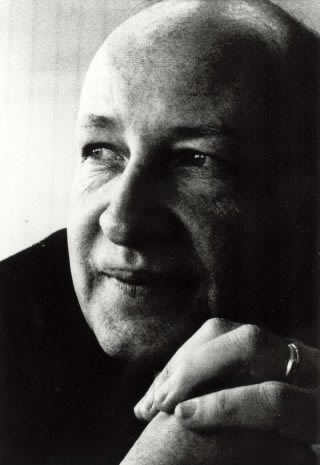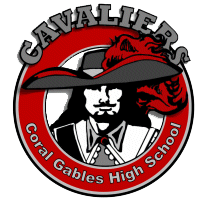It started with an email from an old friend who had located me on the Internet. As you get older, nostalgia comes crashing into your life like a brick thrown through your
living room window, and this was no exception. So once the spell was cast, I
started surfing the Web to see if I could track down other friends.
Then I arrived at my high school's home page (http://cghs.dadeschools.net) I was surprised to see a link that directed me to a site for the 40th reunion of my class. Forty years! Unbelievable. But even more unbelievable was the link to the class list -- all 800 plus names, including mine, a small town. Those who had submitted data to the site were hypertexted. So when I clicked on the name of the class Golden Girl, there she was -- still lovely in her 1962 class photo, a brief message about kids and career, and an email address.
For about an
hour I clicked on familiar names and scrolled down through brief biographies of
pimply-faced classmates I haven't thought of since John Kennedy was president.
And what careers they had -- fighter pilots, corporate presidents, professors,
movie directors. And breeders. Collectively we must have spawned thousands of
children and grandchildren. I had no idea we were such a fecund class. I
quickly entered my own data, and in a few hours there I was, a round-faced,
crew cut child of 17, accompanied by my newly-composed billet-doux to my
classmates from the future, a balding and jaded 57-year-old clicking the keys
of a laptop computer and trying to explain -- and justify -- a lifetime of
feckless activity juxtaposed against the expectations of youth.
At first I
ignored the many names displayed in black. Who were these legions -- "lost
classmates" whose addresses could not be ascertained? But no! The Grim
Reaper had scythed his way through our ranks with vengeance. These were the
fallen, a necrology of hopeful teenagers who had gone on the Last Reunion, cut
down by wars and ravaged by disease. I suddenly felt very old and very weary as
I contemplated this ghostly recessional. Maybe this data base is not such a
good idea. Nevertheless, I spent the week writing emails to long forgotten classmates,
beginning with insipid salutations like "You won't remember me but . . .
." and "Although I haven't seen (or thought of) you for four decades,
I . . . ." Some who responded were too polite to say "And who the
hell are you?" Instead, I received mostly cordial "nice to hear from
you" messages, often with names of spouses and children, and lamentations about
the passing of what now seems an age of unbelievable innocence.
Apparently
this kind of historical shellshock is going on all over the country, primarily
due to the Internet. An industry is developing, with links to services such as Classmates.com that actually locate lost classmates and
organize reunions. Baby Boomer geezers all searching for their youth. Writing
in the New York Times, Leslie Kandell notes that the past
is now being transformed into data bases where we become "living museums
of our former selves." The Internet, Kandell
says, "is murder on privacy but wonderful for finding people." Is all
this a particularly American phenomenon? I think not.
And yet, we
are a scattered people, a motley band of migrants traipsing across a vast
continent like the lost tribes of Israel. Our diaspora
takes us thousands of meters from our homes, an army of seekers marching
desultorily hither and yon, unlike most Europeans who tend to stay rooted in
countries and provinces that would easily fit within many of our state borders.
So perhaps we cling to our data bases because we have strayed so far from our
beginnings as we move in virtual time and space. I can't imagine what it would
be like to attend a 40th reunion. What do you say to someone you haven't seen
for a huge chunk of a century? Our great writer Mark Twain had an experience
like this when he visited his home town of Hannibal, Missouri, 100 years ago
this month. When he spotted a former playmate, he gasped and said: "Gee whiz--it
seems like I ain't seen you in 50 years, Laura."
Writes Kandell: "When you know people early in
life, you grasp their essence. Underneath the disguises and crusts of later years,
practically everyone is unchanged: time falls away and relationships go on as
before."
I'd like to
believe that.
copyright 2002 by Paul Ashdown
Coral Gables High School Class of 1962



